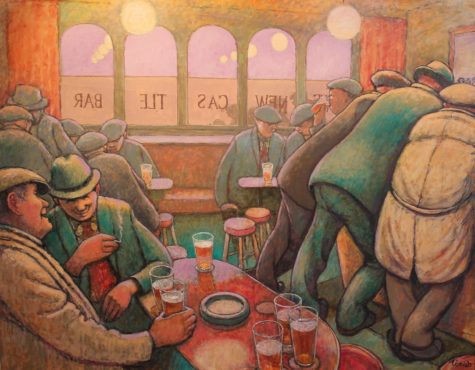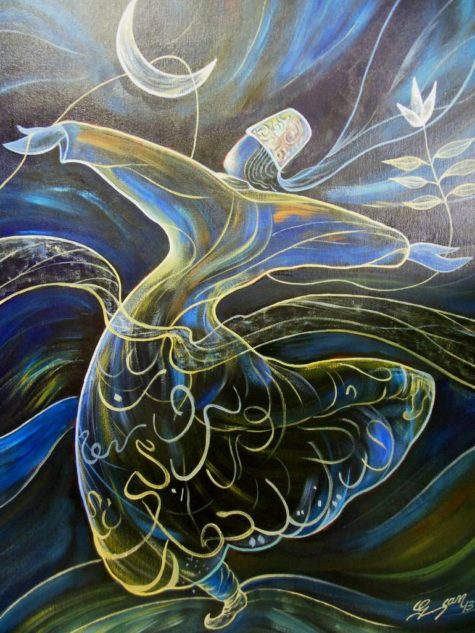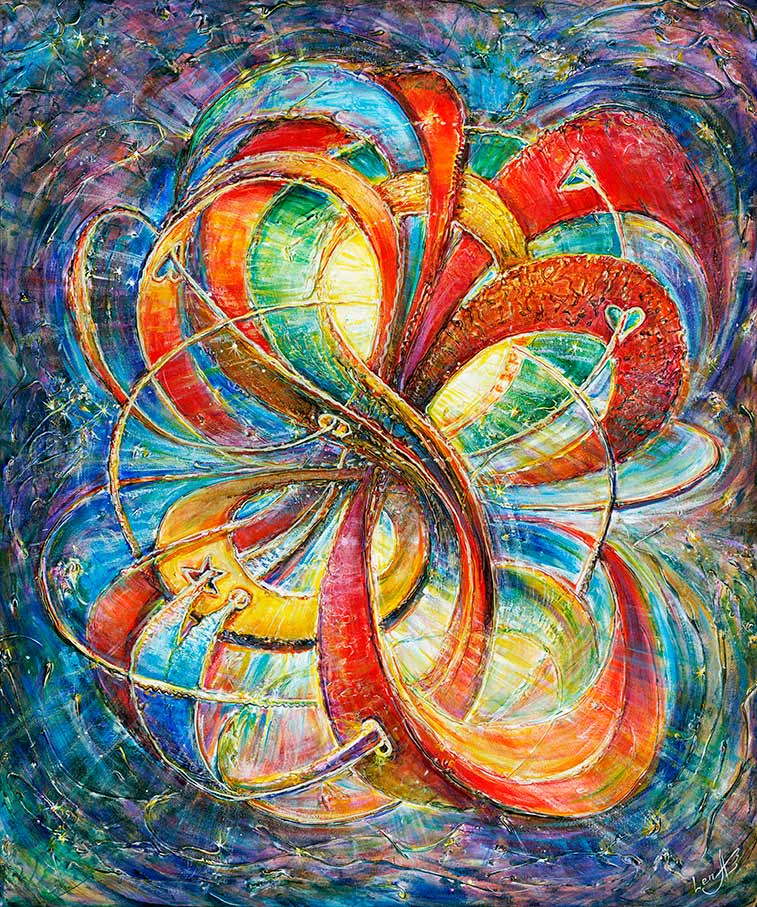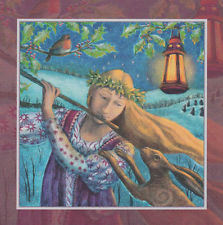Drunk
Wandering Around
Notes On The Tavern
Coleman Barks talks about the Sufi symbolism and imagery of wine, drinking, and the tavern.
In the tavern are many wines – the wine of delight in color and form and taste, the wine of the intellect’s agility, the fine port of stories, and the Cabernet of soul singing. Being human means entering this place where entrancing varieties of desire are served. The grapeskin of ego breaks and a pouring begins.
Fermentation is one of the oldest symbols for human transformation. When grapes combine their juice and are closed up together for a time in a dark place, the results are spectacular. This is what lets two drunks meet so that they don’t know who is who. Pronouns no longer apply in the tavern’s mud-world of excited confusion and half-articulated wantings.
But after some time in the tavern, a point comes, a memory of elsewhere, a longing for the source, and the drunks must set off from the tavern and begin the return. The Qur’an says, “We are all returning.” The tavern is a kind of glorious hell that human beings enjoy and suffer and then push off from in their search for truth.
The tavern is a dangerous region where sometimes disguises are necessary, but never hide your heart, Rumi urges. Keep open there. A breaking apart, a crying out into the street, begins in the tavern, and the human soul turns to find its way home.
~The Essential Rumi
Osho Talks About Sufism
Excerpted from Osho’s series, Sufis: The People of the Path
Once a learned Mohammedan came to me and asked, “You are not a Mohammedan, then why do you speak on Sufism?’ I told him, ‘I am not a Mohammedan, obviously, but I am a Sufi all the same.’
A Sufi need not be a Mohammedan. A Sufi can exist anywhere, in any form—because Sufism is the essential core of all religions. It has nothing to do with Islam in particular. Sufism can exist without Islam; Islam cannot exist without Sufism. Without Sufism, Islam is a corpse. Only with Sufism does it become alive.
Whenever a religion is alive it is because of Sufism. Sufism simply means a love affair with God, with the ultimate, a love affair with the whole. It means that one is ready to dissolve into the whole, that one is ready to invite the whole to come into one’s heart. It knows no formality. It is not confined by any dogma, doctrine, creed or church. Christ is a Sufi, so is Mohammed. Krishna is a Sufi, so is Buddha. This is the first thing I would like you to remember: that Sufism is the innermost core—as Zen is, as Hassidism is. These are only different names of the same ultimate relationship with God.
The relationship is dangerous. It is dangerous because the closer you come to God, the more and more you evaporate. And when you have come really close you are no more. It is dangerous because it is suicidal…but the suicide is beautiful. To die in God is the only way to live really. Until you die, until you die voluntarily into love, you live an existence which is simply mediocre; you vegetate, you don’t have any meaning. No poetry arises in your heart, no dance, no celebration; you simply grope in the darkness. You live at the minimum, you don’t overflow with ecstasy.
That overflow happens only when you are not. You are the hindrance. Sufism is the art of removing the hindrance between you and you, between the self and the self, between the part and the whole.
A few things about this word ‘Sufi’. An ancient Persian dictionary has this for the entry ‘Sufi’…the definition given goes in rhyme: Sufi chist—Sufi, Sufist. Who is a Sufi? A Sufi is a Sufi. This is a beautiful definition. The phenomenon is indefinable. ‘A Sufi is a Sufi.’ It says nothing and yet it says well. It says that the Sufi cannot be defined; there is no other word to define it, there is no other synonym, there is no possibility of defining it linguistically, there is no other indefinable phenomenon. You can live it and you can know it, but through the mind, through the intellect, it is not possible. You can become a Sufi—that is the only way to know what it is. You can taste the reality yourself, it is available. You need not go into a dictionary, you can go into existence.
If you are not ready to have a bite of Sufism you can at least taste it.
And that’s what I am going to make available to you—a little taste. And once you have tasted even a drop of the nectar called Sufism you will become more thirsty for more. For the first time you will start feeling a great appetite for God.
These talks cannot explain to you what Sufism is—because I am not a philosopher. I am not a theologian either. And I am not really talking on Sufism, I will be talking Sufism. If you are ready, if you are ready to go into this adventure, then you will attain to a taste of it. It is something that will start happening in your heart. It is something like a bud opening. You will start feeling a certain sensation in the heart—as if something is becoming alert, awake there; as if the heart has been asleep for long and now it is the first glimmer of the morning—and there you will have the taste.
Sufism is a special kind of magic, a rare kind of magic. It can be transferred only from person to person, not from a book. It cannot be transferred by scriptures. It is also just like Zen—a transmission beyond words. The Sufis have a special word for it—they call it silsila. What Hindus call parampara they call silsila. Silsila means a transfer from one heart to another heart, from one person to another person It is a very, very personal religion.
You cannot have it without being related to an enlightened Master—there is no other way. You can read all the literature that exists on Sufism and you will be lost in a jungle of words. Unless you find a guide, unless you fall in love with a guide, you will not have the taste.
Tired of Speaking Sweetly
Tired of Speaking Sweetly
Love wants to reach out and manhandle us,
Break all our teacup talk of God.
If you had the courage and
Could give the Beloved His choice, some nights,
He would just drag you around the room
By your hair,
Ripping from your grip all those toys in the world
That bring you no joy.
Love sometimes gets tired of speaking sweetly
And wants to rip to shreds
All your erroneous notions of truth
That make you fight within yourself, dear one,
And with others,
Causing the world to weep
On too many fine days.
God wants to manhandle us,
Lock us inside of a tiny room with Himself
And practice His dropkick.
The Beloved sometimes wants
To do us a great favor:
Hold us upside down
And shake all the nonsense out.
But when we hear
He is in such a “playful drunken mood”
Most everyone I know
Quickly packs their bags and hightails it
Out of town.
Rumi from ‘The Gift’
Translated by Daniel Ladinsky
Marge and Tom Sexton: You Can’t Be Alive
JC: Joel Goldsmith On The Soul
Mayanna Anderson: The Sufi Greeting
Ena da Silva: The Sufi Greeting
Ena da Silva: The Sufi Greeting








